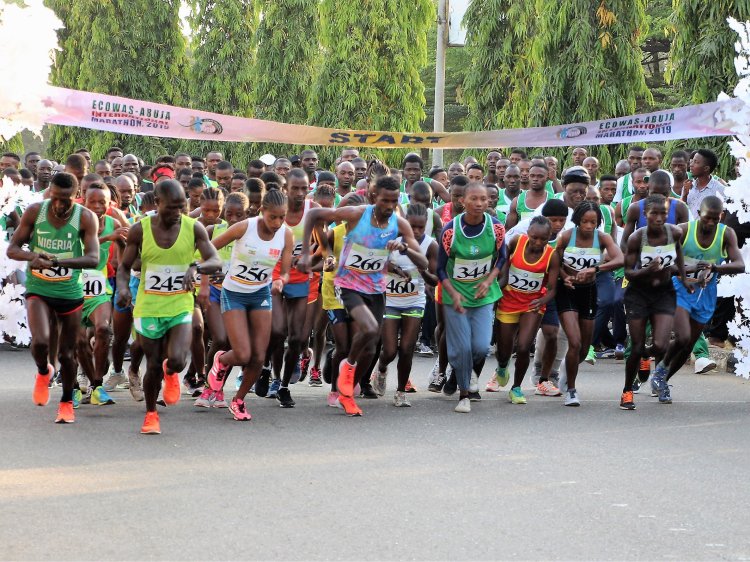The Nigerian Minister of Health Professor Isaac Adewole says in order to accelerate Tuberculosis (TB) case-finding, the country has moved from passive to active case-finding in key affected populations to target those at risk for TB. The Minister disclosed this while briefing journalists on 2018, World Tuberculosis Day, in Abuja. Adewole said the major drawback in Nigeria’s Tuberculosis program is low TB case-finding for both adult and children.
He said TB burden is further compounded by the menace of drug resistance and the HIV/AIDS pandemic.
“In 2017, the country notified only 109,904 out of the estimated 407,000 – all forms of TB cases (with treatment coverage of 25.8%), leaving a gap of 302,096 comprising undetected or detected but not notified cases especially in non-DOTS sites.
In the same year, the proportion of Childhood TB was 7% of all forms of TB cases compared to 10% recommended by the World Health Organization (WHO). In addition, a total of 1783 DR-TB cases were notified out of the estimated 5200 DR-TB cases.
I must add that the TB/HIV collaborative activity is one of the key areas that we are performing well in TB control activities in Nigeria. Currently 96% TB and 82% presumptive TB cases know their HIV status and 84% co-infected clients receive ART and CPT.
In our response to the burden of TB, the Federal Ministry of Health developed a robust National Strategic plan (NSP) for TB (2015 – 2020) as well as a framework to support the declaration of 2017 as a year of accelerating TB case finding and treatment in Nigeria.
We are making progress; Nigeria currently has 6,753 DOTS centres compared to 3931 in 2010. The total number of microscopy centres has risen from 1,148 in 2010 to 2,650 in 2017.
GeneXpert machines installed in the country have increased from 32 in 2012 to 390 in 2017.
Treatment centres for patients with DR-TB have expanded from 10 in 2013 to 27 in 2017.
The number of TB reference laboratories has also increased from 9 in 2013 to 10 in 2018.
Over 90% of the TB patients notified in 2016 have documented HIV test results compared to 79% in 2010,” Adewole said.
He added that shorter drug regimen for the treatment of DR-TB was introduced in Nigeria in 2017 to reduce the treatment duration for patients with DR-TB and ensure better treatment outcomes.
All sates have commenced treatment of eligible DRTB patients on shorter regimen treatment,” He said.
The minister of health also launched new paediatric anti-TB formulations for treatment of drug-susceptible TB.
He said the formulation are both dispersible and flavoured and meet the WHO optimal dosing recommendations for all children and it is hoped that the new formulation will improve adherence and treatment outcomes.
Adewole said the engagement of key professional bodies like the Thoracic Society of Nigeria, Paediatric Association of Nigeria (PAN) and Nigerian Society for Paediatric Infectious Diseases (NISPID) is being prioritized as paediatricians are the ones piloting the affairs of the National Childhood TB Steering Committee (NCTSC).
He added that the National electronic TB information management system (NETIMS) was recently developed to improve real-time reporting and monitoring of TB cases. All States actors have been trained and are reporting using this platform.
“The Private Sector Engagement for TB is also being vigorously looked into as there is a robust Public-Private Mix (PPM) engagement plan for TB.
Similarly, during the last National Council on Health (NCH) meeting in Abeokuta, Ogun state, a resolution was passed mandating all private health facilities in the country to compulsorily notify TB cases”. Adewole said.
Adewole explained that to strengthen TB notification in some challenged states, TB Surveillance officers and epidemiologist have been recruited in 12 states to improve TB case notification.
The health minister reiterated that TB is curable, adding that diagnosis and treatment of TB are free and adviced people to visit the nearest hospital for screening if they have a cough lasting for 2 weeks.





















